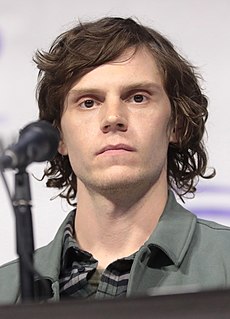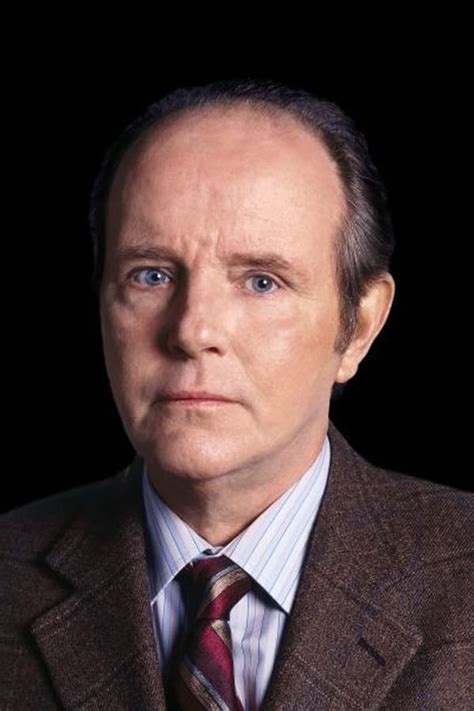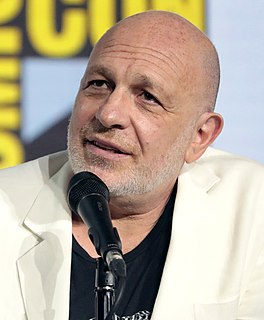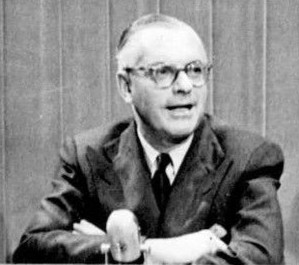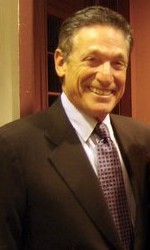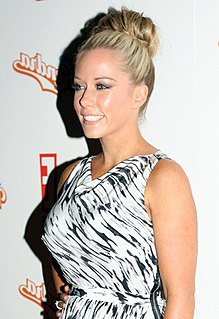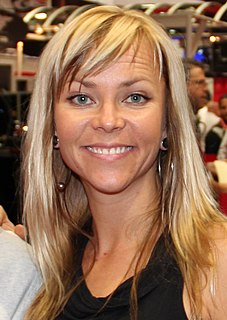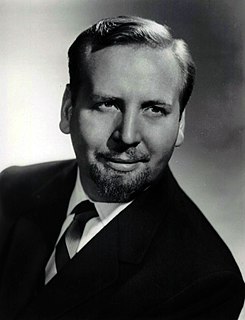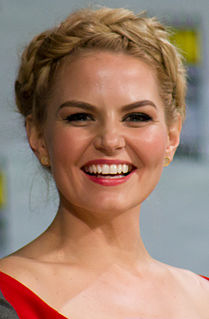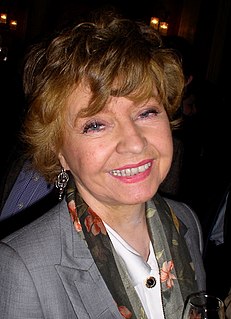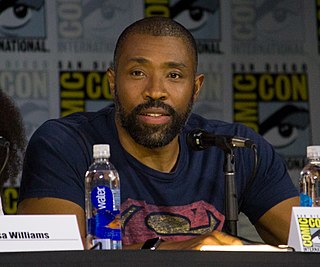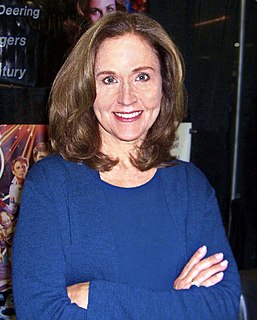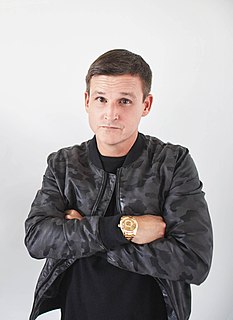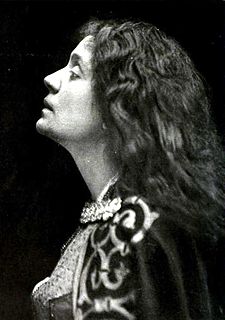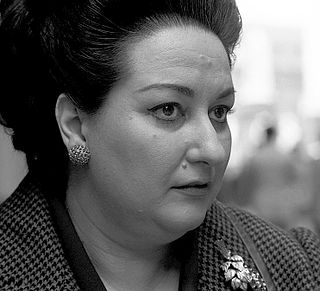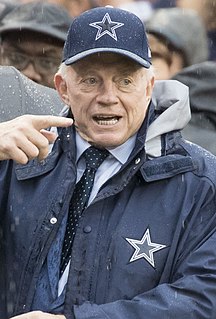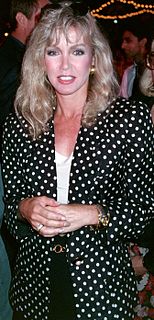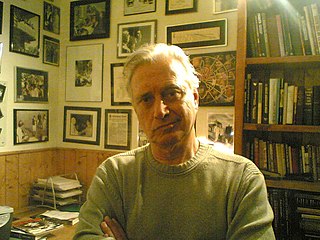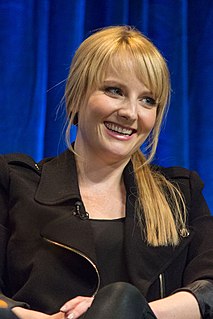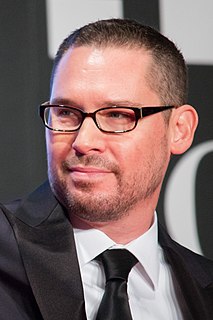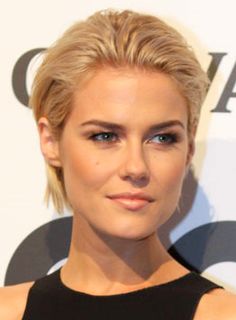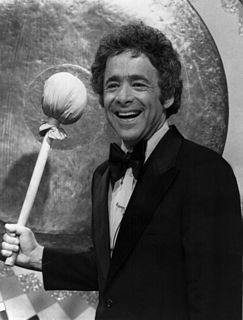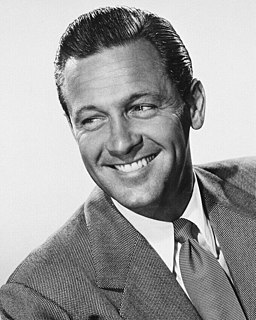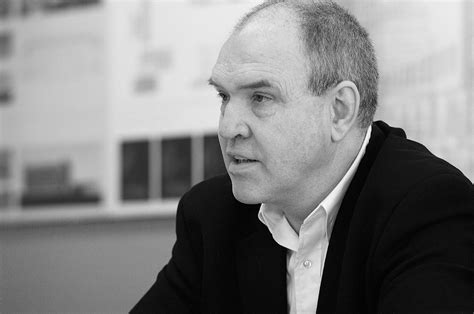Top 1200 Television Drama Quotes & Sayings - Page 10
Explore popular Television Drama quotes.
Last updated on November 15, 2024.
I've always thought that comedy was just another dramatic expression. I try to measure the amount of truth in a work rather than just looking at the generic distinction between comedy and drama. There's a lot of bullshit drama that leaves you totally cold. And there's a lot of wasted comedy time too. But when you get something honest, it doesn't matter what label you give it.
I'm in an odd place right now in New York where I routinely get trashed by every daily drama critic and have a few allies among weekly/monthly drama critics, and you sort of plot these things out and figure it out. But it's just what any writer goes through, periods of favor, periods of disfavor. And the trick is just to keep writing and to not let an obsession.
I look at television as a giant commercial for promoting this mission that I'm on. It's the best way for me to show that girls can be anything they set their minds to. I don't do it for the fame, and I most certainly don't do it for the money. It's sad that a lot of people want to get into television specifically for that reason.
I did a good bit of episodic television directing, but directing a movie is so much more complicated. And there's so much more responsibility because the medium is very much a director's medium. Television is much more of a producer's writer's medium so a lot of the time when you're directing a television show they have a color palette on set or a visual style and dynamic that's already been predetermined and you just kind of have to follow the rules.
Fake is not a word I like to use because there's nothing fake about what I do. It's a show, it's a predetermined outcome; we're putting on a television drama, action, comedy, whatever you want to call it - but it's not fake. Fake would be if I was just about to take a body slam, and my stuntman did it. Fake would be if I was going to take a chair shot to the head, and the chair was made of rubber. I'll tell the world that it's a show, but I hate the word fake. It's such an unfair term to us.
I stayed a year in the sixth form and there was talk of Cambridge, but I wanted to go to drama school. At 17 and three months I went to the Old Vic School in London. This most remarkable and brilliant drama school lasted only six years because the Old Vic Theatre hadn't the money to go on funding it.
To save the theatre, the theatre must be destroyed, the actors and actresses must all die of the plague. They poison the air, they make art impossible. It is not drama that they play, but pieces for the theatre. We should return to the Greeks, play in the open air; the drama dies of stalls and boxes and evening dress, and people who come to digest their dinner.
I just walk how I walk. But I am also really inspired by the physical drama in silent films from the beginning of the 20th century - it's ice cold and unreachable, like the stare of a sniper! I guess this look is something new that I brought into the world of fashion: a dark and dramatic, 19th century Russian literature and drama inspired look.
I was seventeen and the star of my high school play. I was supposed to kiss my leading man, but I couldn't stand the guy. I really didn't want to kiss him. All during rehearsals, I refused to kiss him. Then my drama teacher told me, "If you don't kiss him on opening night, you'll flunk drama class. So I kissed him, and that was my first kiss.
Once a poet always a poet, and even though I haven't written poems for a long time, I can nonetheless say that everything I've ever learned about writing lyrical fiction has been informed by three decades of writing in lines and stanzas. For me the real drama of fiction is almost always the drama of the language.
I think television is moving more into movies, particularly with serialization and almost cinematic proportions and expectations. A show like 'Game of Thrones' is a perfect example of that, or even a show like 'The Wire,' which isn't all about instant gratification it's about inviting someone into the long experience of television the way you'd be invited into a theater for two hours. So I think in that way, and the quality of writing in television is probably much better than most film writing.
The great thing about adventure, when told correctly, is it is one of the few genres that everybody in the family can watch together. Our television has become so targeted, it's so specific that there's literally nothing else on television that grandparents are watching with their grandkids, and they're both entertained.
I just feel incredibly lucky. I went to drama school and about 28 of us graduated. I graduated from drama school in 2000, and I would say about two of us are working and able to make a living out of it. It is a tough profession. To have the kind of success I have had is really amazing, and I am incredibly grateful.
When I first started getting into acting, I was doing improv in acting class, and I had done a serious monologue and everyone was cracking up laughing and I went to the drama teacher and said I don't want to be the class clown anymore, I want to do serious work, too, and they loved that, and so I started mixing in drama.
